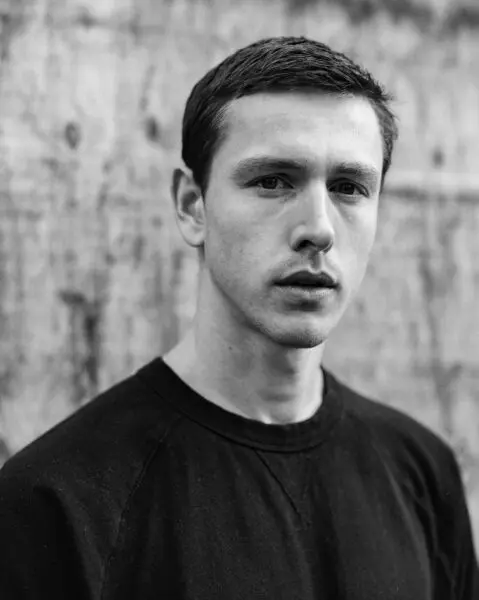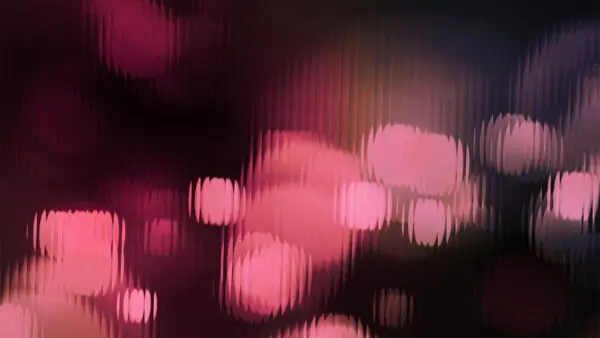Nothing better demonstrates the nature of Adeel Akhtar as both an actor and an individual as my encounter with him on the first day of rehearsals for Murdered By My Father. He turned up in sunglasses on a day that definitely didn’t need them and alarm bells immediately began ringing in my head. Those hoary clichés of aloof actors I knew could be true but surely not Adeel? A man who I’d first fallen for in the brilliant Four Lions who cemented that affection with his quietly excoriating turn as Wilson Wilson in Dennis Kelly’s Utopia. I prepared myself for that adoration to evaporate before the surly, sunglasssed reality.
And then Adeel removed those glasses and sheepishly apologised for them. “These are the only prescription pair I have. I lost my normal ones last night at a party. I dove into a ball pit and they broke.” I’d been wrong in my hasty judgements – this was exactly the sort of person I want to work with.
“It’s that face” I think to myself as I spot Adeel across the room, waiting for our interview. A gift of a face which in a slight can flick and turn from tender to terrifying. It’s this which makes him such a compelling screen presence. Which expression will this visual box of tricks serve up next? You can never be sure.
Writers imagine actors as they write. They imagine the performance, a multitude of emotions played out at the same time: happy-nervous, angry-sad, mellifluous, layered expressions of your obviously brilliant works, take after take.
Of course, this expectation of an actor to play multiple things at once is soon knocked out of you. You learn to give actors a single actionable point to play, whilst secretly hoping that the actor will manage those multitudes anyway. Adeel manages just that.
There’s a scene in Murdered By My Father where he is trying to impose his authority on his daughter, Salma. Such authority is an unnatural fit for his character. Writing it, I hoped it would be a strong enough command that we’d buy Salma’s acceptance whilst also giving us enough weakness so that it was clear that this was an insecure man playing big, and doing this was costing him a part of himself. You can’t write that. You can only hope. In this scene, Adeel straddles that line perfectly. I don’t think it’s an exaggeration to say that the film rests on his ability to maintain that tension throughout.












